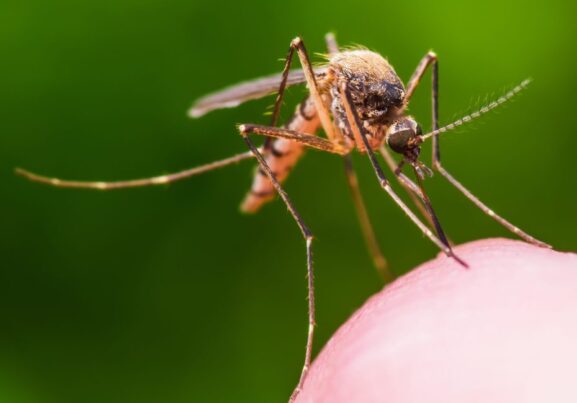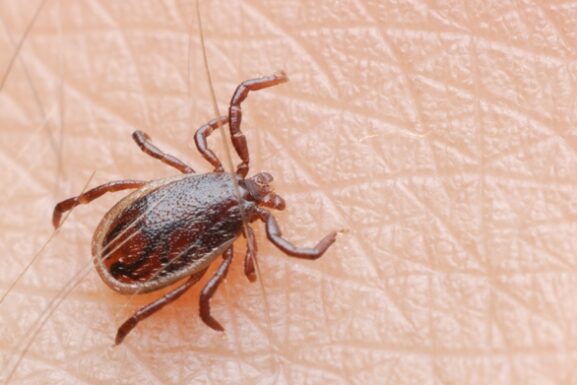What To Know About Ticks On Long Island
Long Island is a wonderful place to live, known for its natural beauty and abundant beaches and parks. However, this proximity to nature increases the risk of tick bites and tickborne diseases.
May is Lyme Disease Awareness Month. In honor of that, here are answers to some of the most frequently asked questions we get about ticks on Long Island.
What Types Of Ticks Are On Long Island?
There are three types of ticks commonly found on Long Island: blacklegged ticks (also known as Deer ticks), lone star ticks, and American dog ticks (or Wood ticks). All three are known vectors for a variety of diseases. Blacklegged and lone star ticks are primary carriers of Lyme disease.
Is Lyme Disease Common On Long Island?

Unfortunately, Lyme disease is carried by more than half of the ticks on Long Island. This disease, which is marked by a distinctive bullseye rash and flu-like symptoms, can be debilitating and may lead to long-term health issues.
A study by Columbia University, in partnership with the Cohen Lyme and Tickborne Disease Initiative, found that 56% of ticks on Long Island carry Lyme Disease. New York State, in general, is a hotspot for tickborne diseases.
In recent years, the number of reported cases has increased, making awareness and prevention important for residents and visitors. It’s especially crucial to take precautions when spending time outdoors in wooded or grassy areas, where these ticks are commonly found. Regular tick checks after outdoor activities can help reduce the risk of contracting Lyme disease.
Can Ticks Live In a House?
Ticks are primarily an outdoor hazard but can enter and thrive in your home. Once inside, they may build nests and feed on you, your family, and your pets. To prevent this, seal up any gaps or cracks where ticks could come inside your home.
Even more importantly, it is wise to implement a routine to follow every time you enter your home. Check all people and pets for ticks before and after coming indoors. This is especially important if you’ve been hiking, camping, or in any area with deer and, therefore, deer ticks. Use a tick-repellent spray or lotion when you plan to spend time outside, and give your pets veterinarian-recommended tick preventatives.
Can You Tick Proof A Yard?
One of the most effective ways to protect your home and family is to make your yard less attractive to ticks. Some simple landscaping changes can reduce your chances of encountering ticks in your yard.
Mow your lawn often and clean up leaves (and trash) where ticks could hide. Clear away tall grasses and brush around your house and the edges of your yard. If you have a fireplace, do not stack wood near your home – woodpiles attract the rodents on which ticks like to feed.
If possible, you should situate playground equipment, patios, and decks away from the edges of your yard and build them in a sunny location. A three-foot-wide barrier of gravel or wood chips around these structures will also deter tick incursions.
Fox Pest Control Technicians are Experts at Protecting Your Family
If you have taken steps to deter ticks around your home and yard but are still concerned about ticks, there are treatments to target the problem and provide you with peace of mind. At Fox Pest Control, we are experts at protecting your family from tick infestations. When you sign up for our Yard Enjoyment Plan, you get a customizable outdoor pest control plan to protect your yard from pests like ticks. Reach out to our professionals to discuss your treatment options if you find evidence of ticks in your home or yard. To get started, contact us today.


